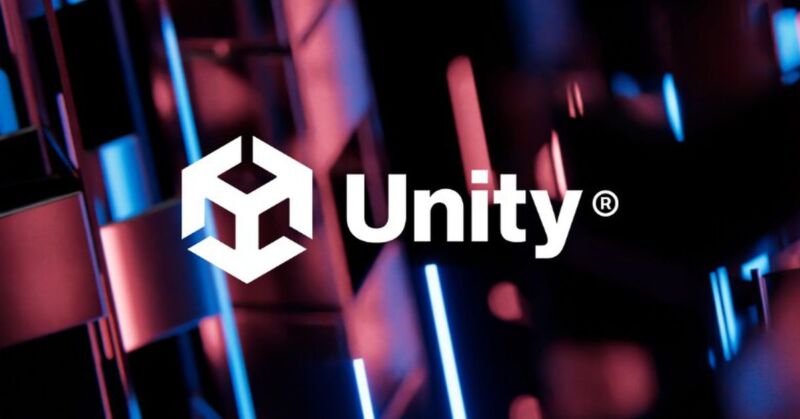
Unity, maker of a popular cross-platform engine and toolkit, will not pursue a broadly unpopular Runtime Fee that would have charged developers based on game installs rather than per-seat licenses. The move comes exactly one year after the fee’s initial announcement.
In a blog post attributed to President and CEO Matt Bromberg, the CEO writes that the company cannot continue “democratizing game development” without “a partnership built on trust.” Bromberg states that customers understand the necessity of price increases, but not in “a novel and controversial new form.” So game developers will not be charged per installation, but they will be sorted into Personal, Pro, and Enterprise tiers by level of revenue or funding.
“Canceling the Runtime Fee for games and instituting these pricing changes will allow us to continue investing to improve game development for everyone while also being better partners,” Bromberg writes.
A year of discontent
Unity’s announcement of a new “Runtime Fee that’s based on game installs” in mid-September 2023 (Wayback archive), while joined by cloud storage and “AI at runtime,” would have been costly for smaller developers who found success. The Runtime Fee would have cost 20 cents per install on the otherwise free Personal tier after a game had reached $200,000 in revenue and more than 200,000 installs. Fees decreased slightly for Pro and Enterprise customers after $1 million in revenue and 1 million installs.
The move led to almost immediate backlash from many developers. Unity, whose then-CEO John Riccitiello had described in 2015 as having “no royalties, no [f-ing] around,” was “quite simply not a company to be trusted,” wrote Necrosoft Games’ Brandon Sheffield. Developers said they would hold off updates or switch engines rather than absorb the fee, which would have retroactively counted installs before January 2024 toward its calculations.
Unity’s terms of service seemed to allow for such sudden shifts. Unity softened the impact of the fee on Personal users, removed the backdated install counting, and capped fees at 2.5 percent of revenue. Unity Create President and General Manager Marc Whitten told Ars at that time that while the fee would seemingly not affect the vast majority of Unity users, he understood that a stable agreement should be a feature of the engine.
However coincidentally or not, Riccitiello announced his retirement the next month, which led to some celebration among devs, but not total restoration of trust. A massive wave of layoffs throughout the winter of 2023 and 2024 showed that Unity’s financial position was precarious, partly due to acquisitions during Riccitiello’s term. The Runtime Fee would have minimal impact in 2024, the company said in filings, but would “ramp from there as customers adopt our new releases.”
Instead of ramping from there, the Runtime Fee is now gone, and Unity has made other changes to its pricing structure:
- Unity Personal remains free, and its revenue/funding ceiling increases from $100,000 to $200,000
- Unity Pro, for customers over the Personal limit, sees an 8 percent price increase to $2,200 per seat
- Unity Enterprise, with customized packages for those over $25 million in revenue or funding, sees a 25 percent increase.
“From this point forward, it’s our intention to revert to a more traditional cycle of considering any potential price increases only on an annual basis,” Bromberg wrote in his post. Changes to Unity’s Editor software should allow customers to keep using their existing version under previously agreed terms, he wrote.
https://arstechnica.com/?p=2049485

